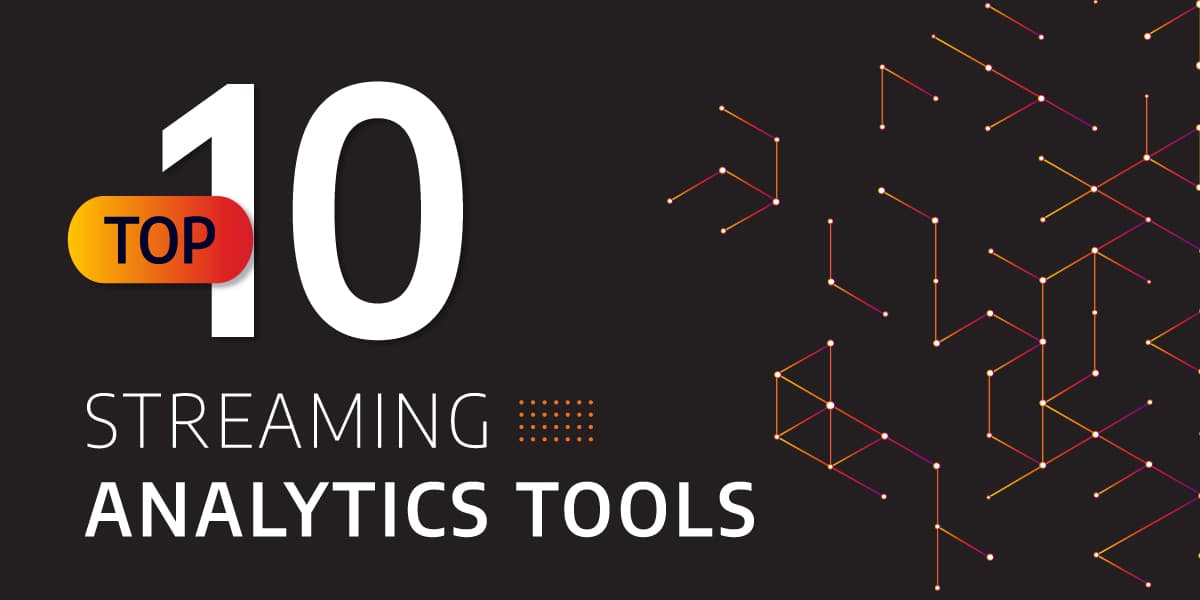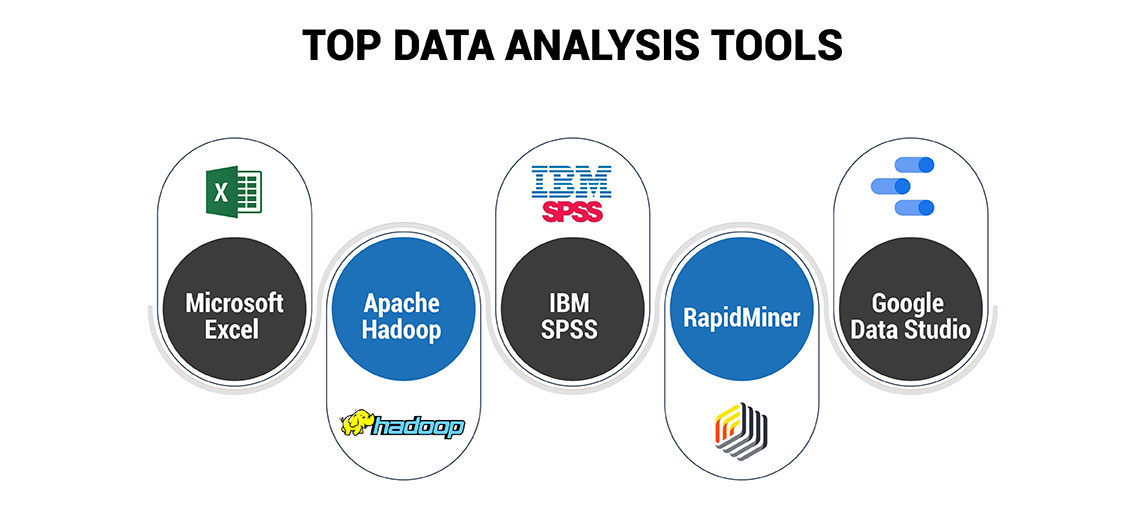Improve ROI and Efficiency Via Strategic Analytics Planning
Improve ROI and Efficiency Via Strategic Analytics Planning
Blog Article
Boost Efficiency and Profitability Via Information Analytics
In today's data-driven landscape, organizations are progressively recognizing the pivotal role of information analytics in improving functional effectiveness and productivity. By systematically evaluating information, organizations can discover vital insights that inform tactical choices, enhance procedures, and tailor client experiences (Analytics). The obstacle lies not just in the implementation of these logical devices yet additionally in recognizing exactly how to convert information into workable results. As we discover the nuances of reliable data-driven methods, the ramifications for both temporary gains and lasting success ended up being progressively clear. What might these insights reveal for your company?
Understanding Data Analytics
In today's data-driven landscape, recognizing information analytics is essential for companies aiming to improve operational performance and drive productivity. Data analytics entails the systematic computational analysis of data sets to reveal patterns, correlations, and insights that inform decision-making. By using numerous methods, such as statistical evaluation, artificial intelligence, and predictive modeling, organizations can change raw information into workable knowledge.
The process generally starts with information collection, where pertinent info is gathered from several sources, consisting of transactional data sources, customer communications, and market trends. This information is after that cleaned up and organized to ensure accuracy and consistency. As soon as the information is prepared, logical devices and software program are made use of to check out and visualize the information, allowing stakeholders to determine anomalies and fads.
Ultimately, understanding data analytics equips organizations to make informed decisions based on empirical evidence instead than intuition. It assists in targeted strategies that can maximize source appropriation, enhance client complete satisfaction, and improve total efficiency. As businesses progressively recognize the worth of data-driven insights, a solid grasp of data analytics becomes a critical proficiency for leaders and teams alike, positioning them for continual success in a competitive atmosphere.

Key Advantages for Organizations
Organizations that leverage data analytics can unlock a plethora of benefits that substantially boost their procedures and profitability. One of the primary benefits is improved decision-making. Data analytics supplies workable understandings stemmed from real-time information, permitting companies to make enlightened choices that line up with market needs and consumer choices.

Furthermore, information analytics cultivates boosted consumer experiences. By recognizing customer actions and choices, businesses can customize their offerings, bring about raised contentment and commitment. This individualized approach often results in greater conversion prices and repeat service.
Furthermore, data analytics enables businesses to determine arising chances and fads. By remaining ahead of the contour, companies can exploit on brand-new markets and advancements before their competitors.
Implementing Data-Driven Approaches
Effective implementation of data-driven strategies calls for an extensive understanding of both business objectives and available data sources. Organizations must initially specify their goals plainly, making certain alignment in between data initiatives and tactical aims. This clarity enables teams to focus on pertinent metrics and understandings that drive decision-making.
Top notch data is crucial for accurate evaluation, as poor data can lead to illinformed techniques and thrown away sources - Analytics. Organizations must establish processes for data collection, cleaning, and monitoring to preserve information stability.
In addition, cultivating a data-driven society is crucial. Employees in any way degrees ought to be encouraged to utilize information in their day-to-day operations. Training programs and workshops can boost data proficiency, equipping personnel to make educated choices based upon analytical understandings.
Tools and Technologies Overview
A robust collection of tools and modern technologies is important for companies intending to harness the complete potential of information analytics. These devices assist in the collection, handling, and visualization of data, allowing companies to derive actionable insights.
At the fundamental level, data monitoring platforms such as SQL data sources and NoSQL systems offer effective data storage space and access abilities. For information handling and evaluation, programming languages like Python and Clicking Here R, together with structures such as Apache Glow, make it possible for intricate estimations and machine learning applications.
Visualization devices, consisting of Tableau and Power BI, transform raw information into intuitive visual styles, making understandings available to stakeholders at all levels. In addition, cloud-based systems like Google Cloud and AWS provide scalable storage space and handling services, fitting the expanding quantities of information organizations run into.
For innovative analytics, predictive modeling and AI-driven solutions are significantly taken on, allowing companies to forecast patterns and boost decision-making procedures. Incorporating these devices right into existing process is vital; companies that effectively utilize this innovation can significantly boost operational effectiveness and drive profitability. Thus, purchasing the right devices and technologies is a critical crucial for any kind of data-driven company.
Situation Research Studies of Success
Leveraging information analytics has led many organizations to accomplish amazing improvements in effectiveness and profitability. One significant case is a large retail chain that applied anticipating analytics to enhance inventory management. By find out examining historic sales information and consumer trends, the firm reduced excess supply by 30%, bring about considerable expense financial savings and improved cash circulation.
An additional instance can be found in the manufacturing market, where a leading vehicle producer used information analytics to straight from the source improve its production processes. By monitoring equipment efficiency in real-time, the organization determined ineffectiveness and traffic jams, resulting in a 20% boost in total equipment performance (OEE) This not only boosted manufacturing prices however likewise reduced downtime and maintenance prices.

These study highlight exactly how information analytics can drive tactical decision-making, maximize procedures, and eventually boost both effectiveness and earnings throughout different sectors.
Verdict
In conclusion, the combination of information analytics into business procedures provides substantial opportunities for improving efficiency and productivity. By methodically examining information, companies can identify inefficiencies, enhance customer experiences, and make informed decisions.
In today's data-driven landscape, recognizing data analytics is vital for companies aiming to boost operational performance and drive earnings. Information analytics includes the systematic computational evaluation of data sets to reveal patterns, correlations, and insights that educate decision-making. Information analytics supplies workable insights acquired from real-time information, permitting companies to make enlightened choices that straighten with market demands and consumer choices.
Top quality information is crucial for accurate evaluation, as poor information can lead to illinformed methods and thrown away sources. Organizations should develop processes for information collection, cleaning, and monitoring to preserve data integrity.
Report this page